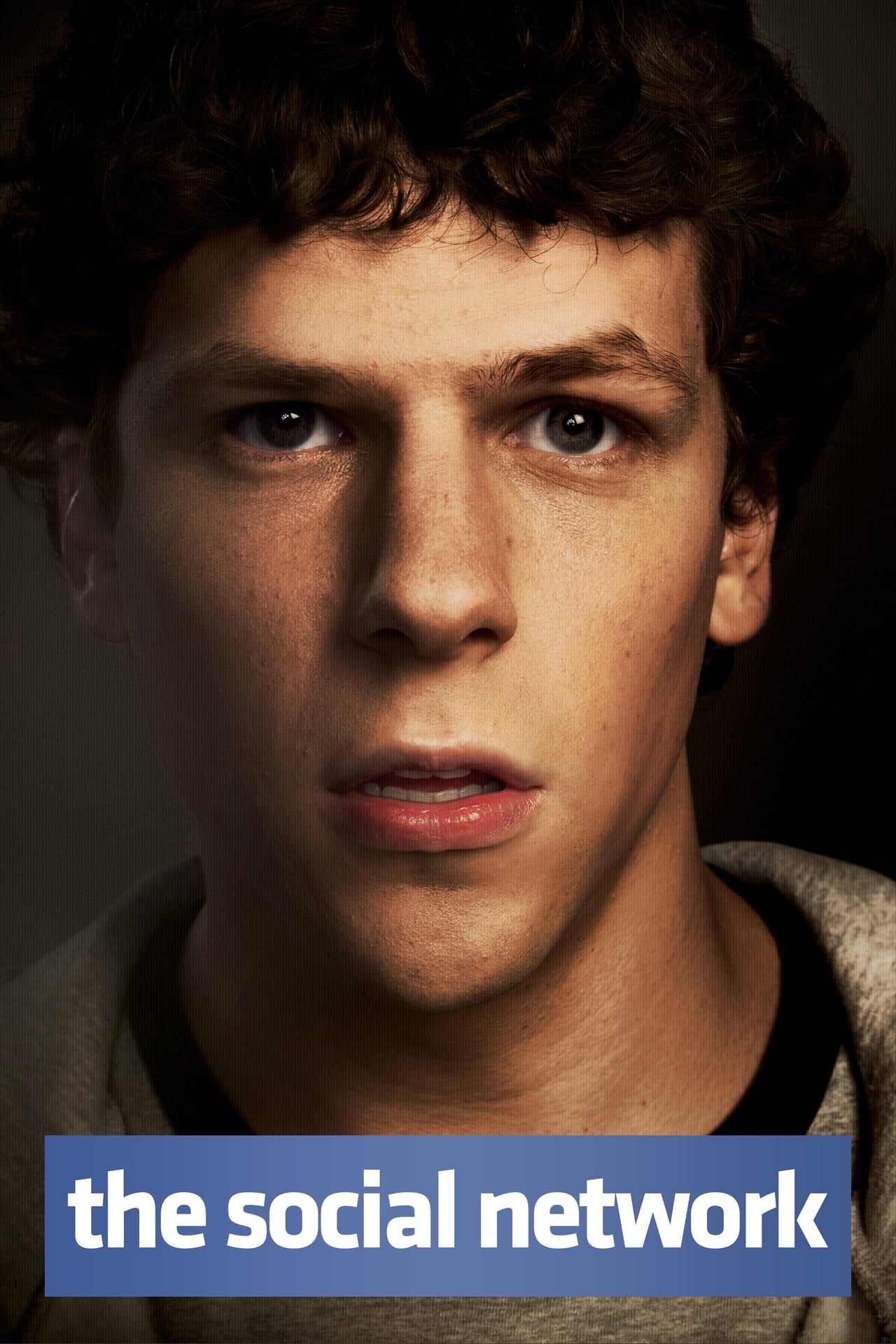
The Social Network
2010
Reviewed on: Feb 19, 2023
Review
There is a reason hundreds of video essays exist dissecting the extremely fast-paced and intelligent dialogue of The Social Network. It is apparent as soon as we’re launched into the bar with Mark Zuckerberg (Jesse Eisenberg) and Erica Albright (Rooney Mara) that the unfolding film will require a viewer’s utmost attention to appreciate the blink-and-you’ll-miss-it speed and wittiness of Aaron Sorkin’s Oscar-winning screenplay. I can say whole-heartedly that I agree with both the hype and the awards the film has received: this is my favorite screenplay of all time. And this time around, one of the most impressive feats I took care to notice was how well the writing juggles dialogue, juggles storylines, and juggles characters.
The first of these three is easiest to notice, and while the opening scene is perhaps the best example, we can find instances scattered throughout the entire film. Characters begin by discussing a single topic. Soon after, however, one of them deviates suddenly to another discussion. Sometimes their partner catches on and the topics change entirely, but more often, the second speaker lingers in the past of the conversation and the characters almost begin to alternate with each line of dialogue between topics until, yet again, they suddenly deviate. While this might sound like a jumbled mess with no concrete examples to compare it to, it somehow works within the context of the film. This style of writing tightly grabs the viewer’s attention (as close attention is required to keep up) and solidifies our understanding of the intelligence of our characters, as only quick minds can drive such witty conversations.
The juggling of storylines was what I was most impressed with in my most recent viewing. The story obviously centers around the founding of Facebook, but instead of hitting the expected beats of what a traditional Mark Zuckerberg biopic would look like, The Social Network takes a different approach by telling the story from the point of view of two future and separate lawsuits concerning controversies of the network’s founding. They both focus on Mark and his coming to invent Facebook, but the Winklevoss twins battling IP theft and Eduardo Saverin dealing with his stock dilution are two totally separate stories. Yet somehow, even with consistently bouncing between four different points in time (two cases and their past and present instances), not once did I find myself lost or confused. The film maintains a clear narrative that manages to merge all four points in time into one cohesive story of the founding of Facebook.
Finally, the juggling of characters, while not as universally praised as the witty dialogue, gives the events of the film a great deal of purpose. Perhaps even the most engaging dialogue ever written has the potential to fall flat if it is impossible to care about those delivering it. Thankfully, this is not a problem that The Social Network has. All of the major characters (with the exception of Sean Parker) have motives that are understandable and very human. Eduardo wants to impress his father and be recognized for his contributions to the launch of the platform. The Winklevoss twins want credit for an idea that (let’s be honest) was kind of theirs from the beginning. And even Mark Zuckerberg, a public figure who has been scrutinized relentlessly as an unfeeling techno-exploiter, was humanized as an intelligent, insecure, ambitious kid who just wanted to impress a girl. In this way, the film emotionally grounds its characters with relatable motives, allowing its rapid-fire dialogue and interweaving narrative to shine as some of the best in the industry.